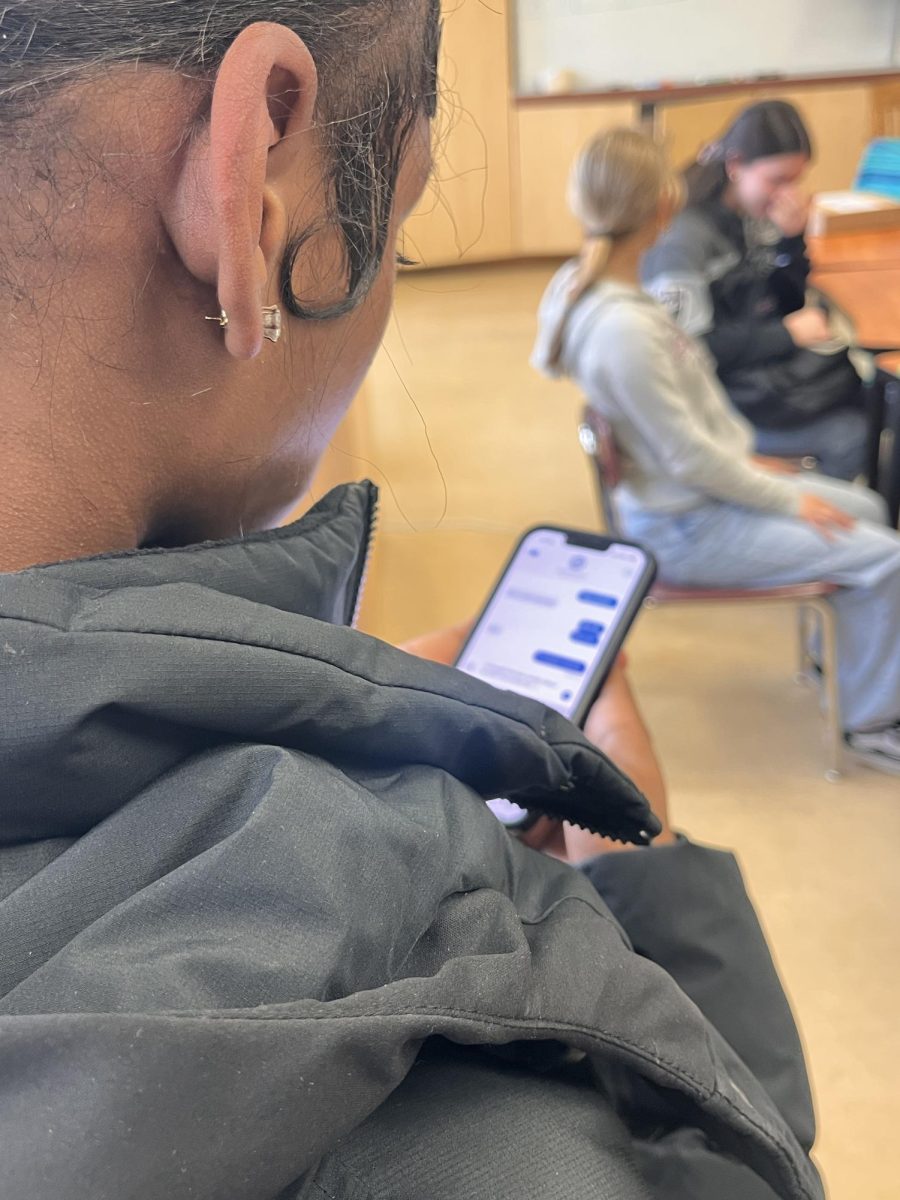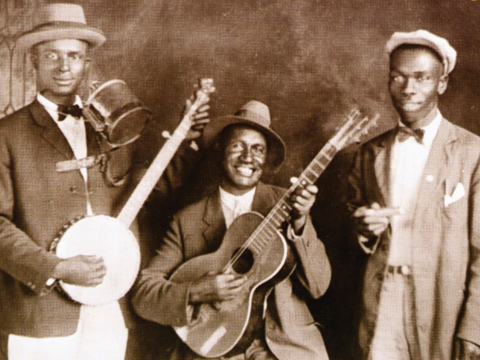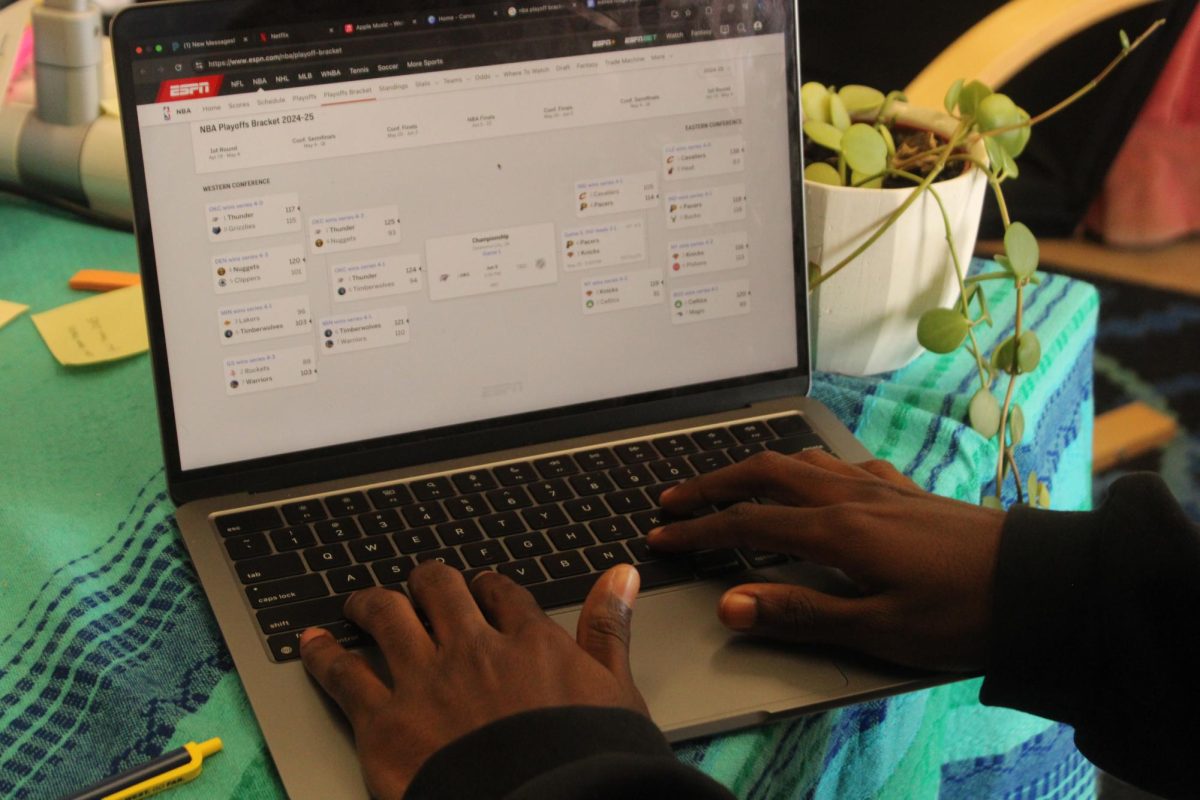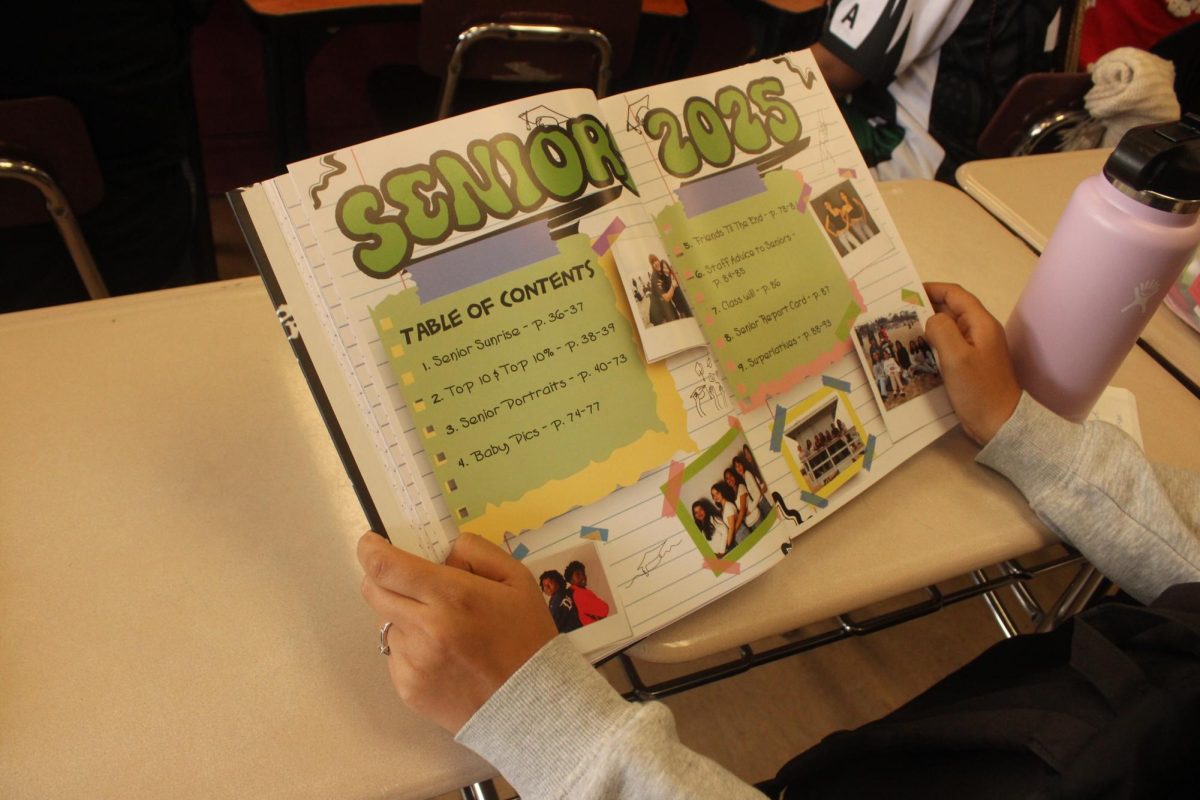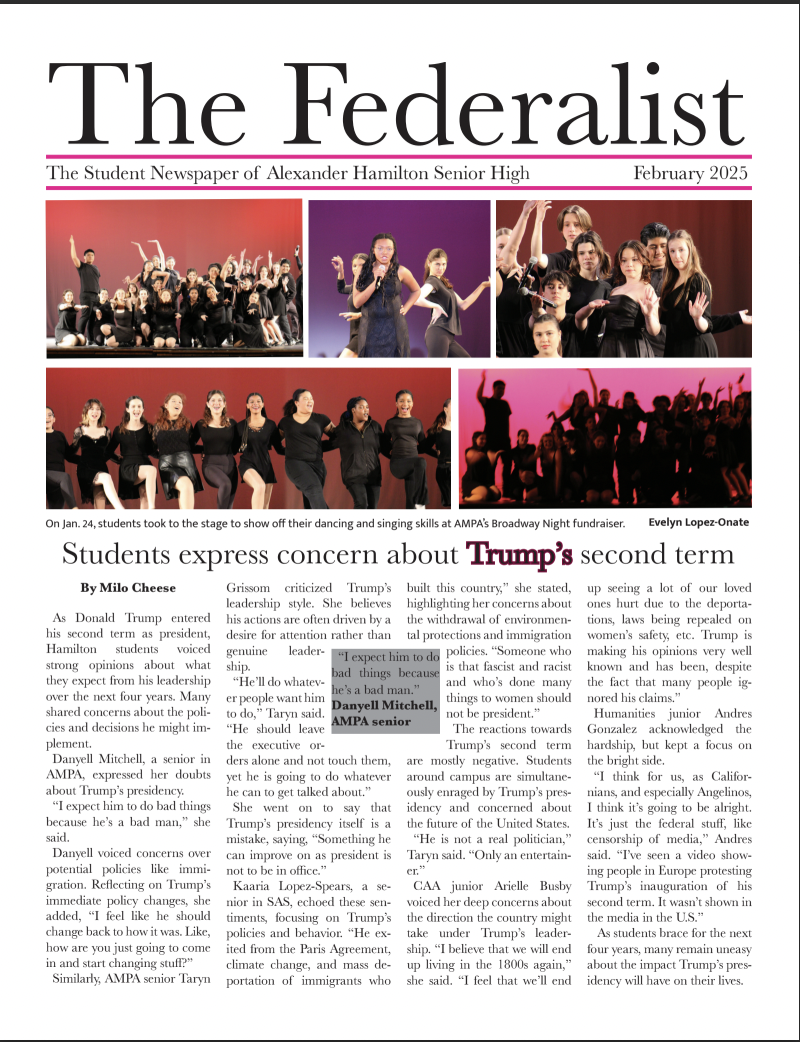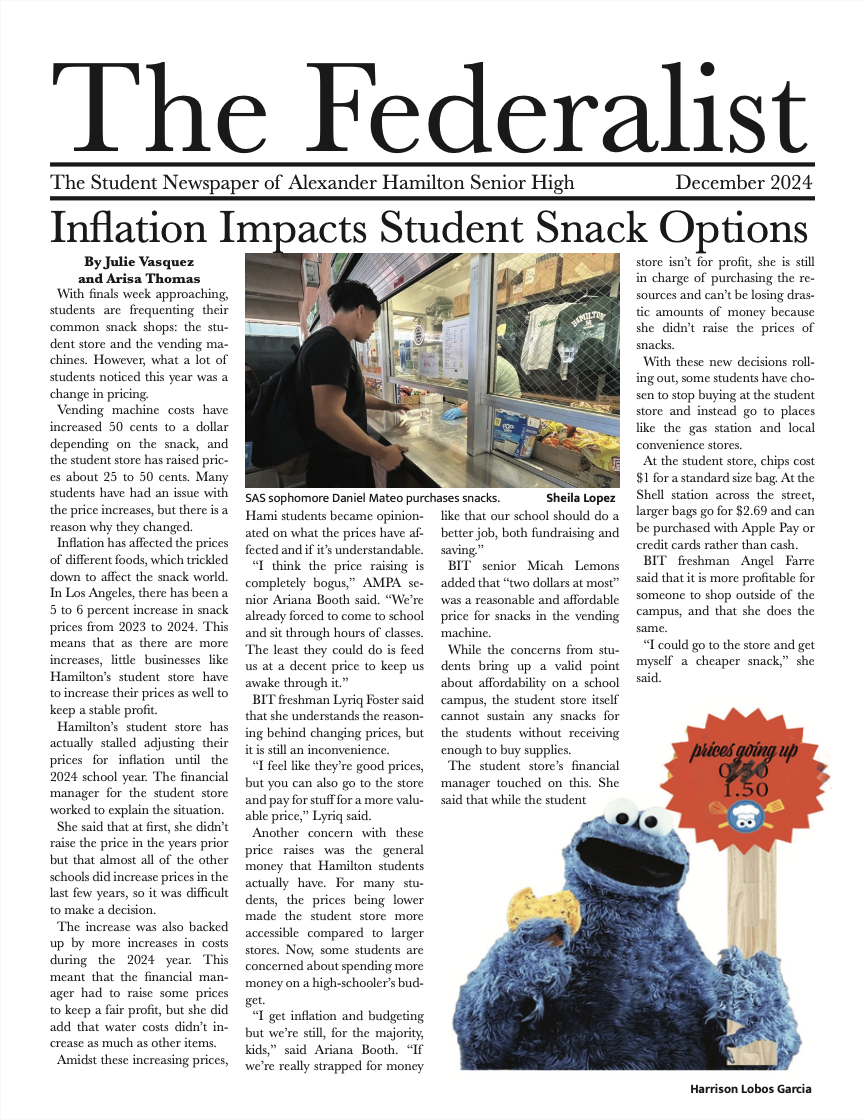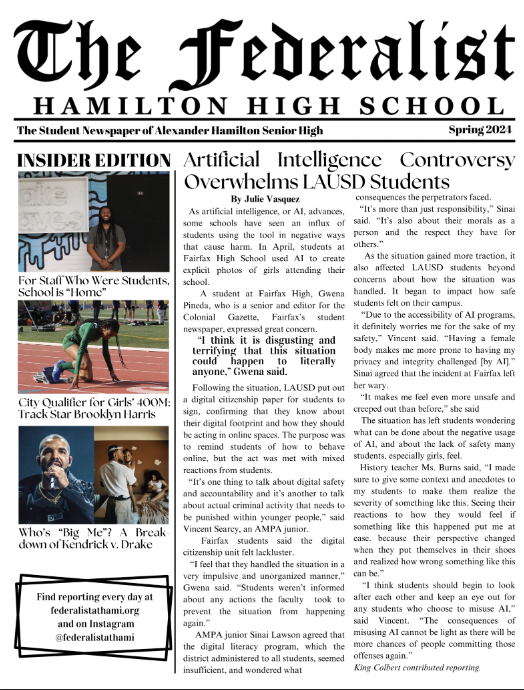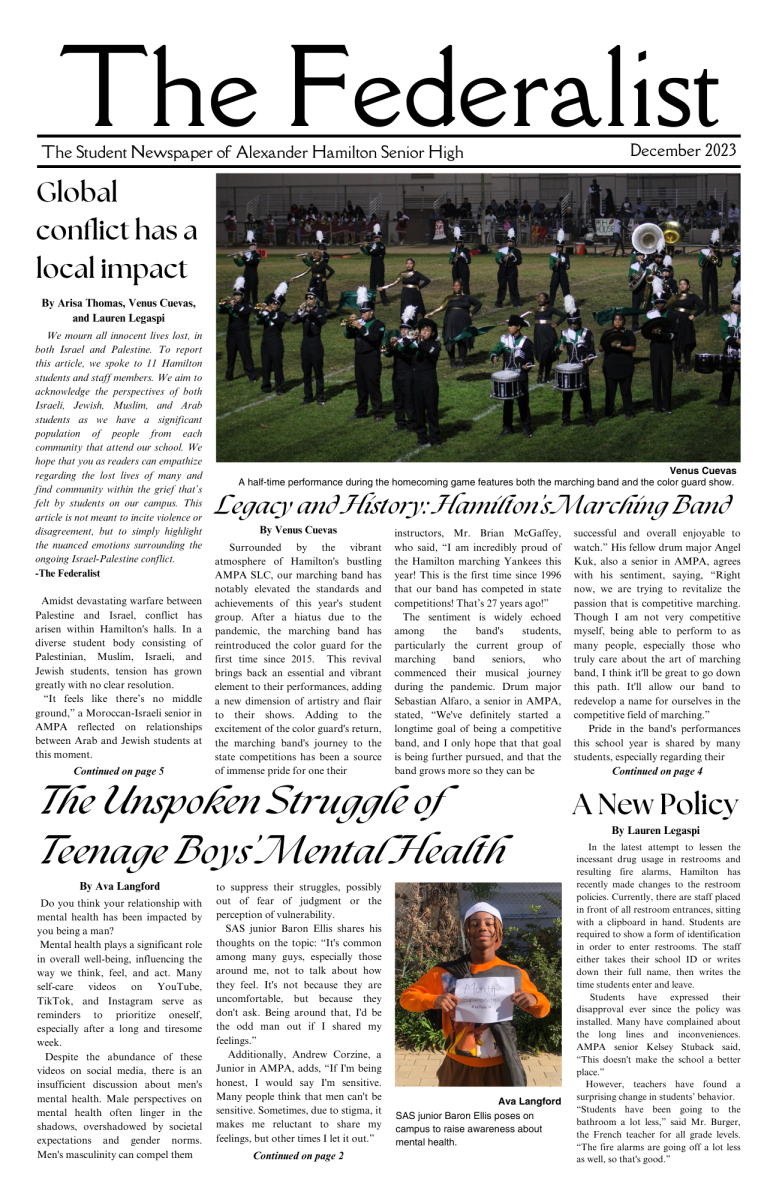Since Cardi B’s infamous WAP released in 2020, the amount of women using music for sexual liberation has Skyrocketed. At first, it was a slap in the face to men who had been doing it to women for so long. Returning the energy was the peak of the feminist movement in music and it allowed a freedom we didn’t have before since women’s pleasure is a taboo. But now? It’s doing the opposite, and I don’t blame the women contributing to it.
When 90s male rappers began normalizing explicit themes in music and setting the tone, every song a woman was featured on had sexual messages, painting the idea that a woman’s role in music is to be an object to flex.
It’s empowering to see women embracing and taking back their sexuality after decades of explicit music targeting them; instead of being an accessory and afterthought in a song, they bring women’s pleasure to the forefront. but even now, the choice to embrace sexuality isn’t entirely up to female artists anymore either. What began as a way to break gender norms completely backfired into a new constriction for women.
Many popular songs that feature women voicing their sensuality aren’t even written by them. For example, the trending song “Barbie” by Jaidyn Alexis which is speculated to be written by famous rapper Blueface who is featured in the song. In the song, she seemed to hint at a correlation between her success and her sexual capabilities through lyrics claiming she’d engage in sexual acts before ever paying a bill. It’s only made worse by her flexing of stereotypical feminine roles singing “cook, clean, ****, you can’t pass me.” The song itself is catchy but she could’ve got the “I’m better” message across through traits that don’t make her seem like her existence revolves around serving a man.
The topic of pleasure and sex being a popular topic in female artists’ songs isn’t inherently bad as men have been doing it for decades with no shame or backlash, however, it has created a reality where women are pressured to over-sexualize themselves to keep their audience. Those who refuse to are less likely to go viral and when music is your source of income, it is understandable to want to shift your image to wherever the money’s at. A majority of the songs charted on Billboard’s top 100 from female artists is sexual. Even Cardi B herself said her music doesn’t gain support unless she includes sexual messages.
Hip Hop’s princess Ice Spice is one of the people who I think fell victim to this. She’s stunning and has genuinely catchy songs, but the majority of her audience comes from those who like her body and she definitely uses it to her advantage with music videos, pictures, and concert outfits clearly showing it off. She’s an adult with every right to do that, but it is a disheartening fact that she likely wouldn’t be famous if she didn’t.
Artists who don’t make sex their image of course exist, and some have gained traction, but more often than not, the artists who do include it in their image outperform the artists who don’t. After all, at parties, it’s the songs that do that make the playlist.
I wholeheartedly support women reversing roles and breaking taboos, if a man can do it, a woman can too without being labeled as promiscuous. I just don’t think it should be the only thing making the cut; many songs explore deeper topics that are just as good and empowering. We only celebrate female artists when they’re saying what we want to hear–and more often than not, it’s not what we need to hear.




